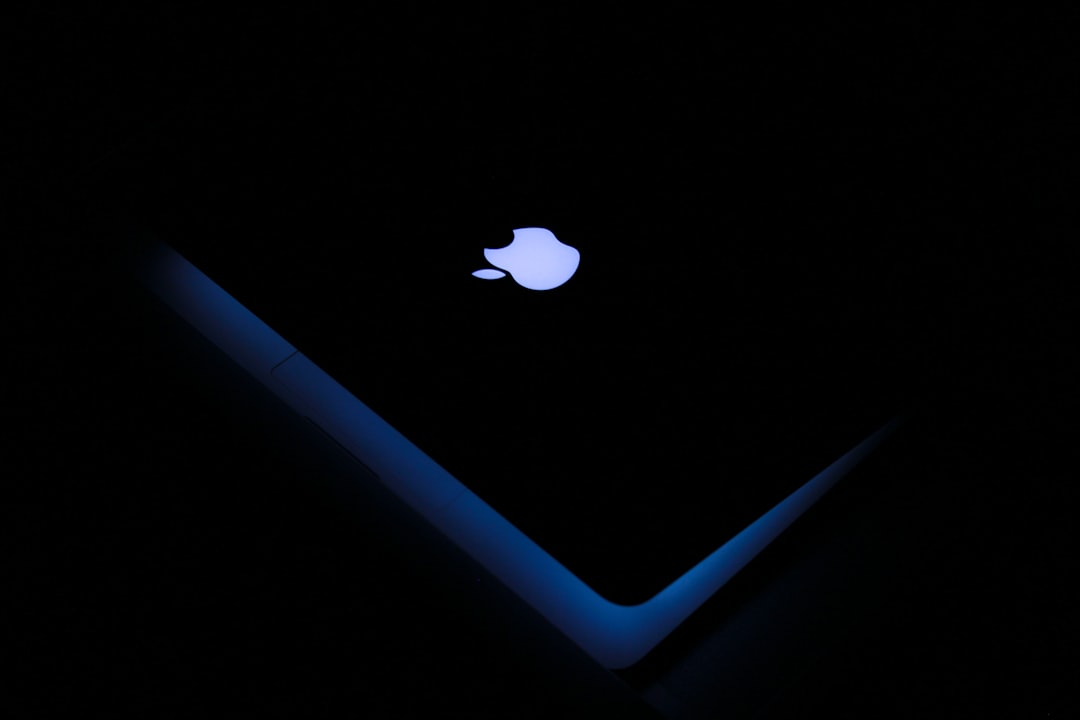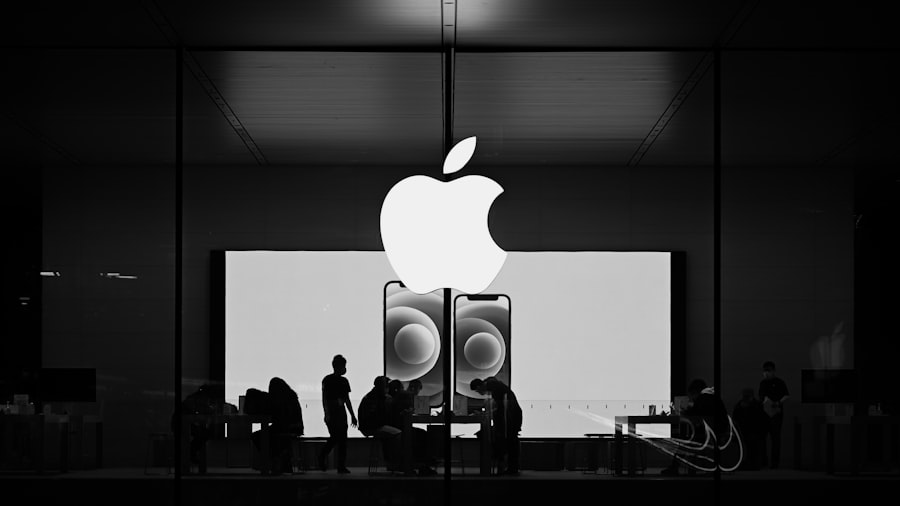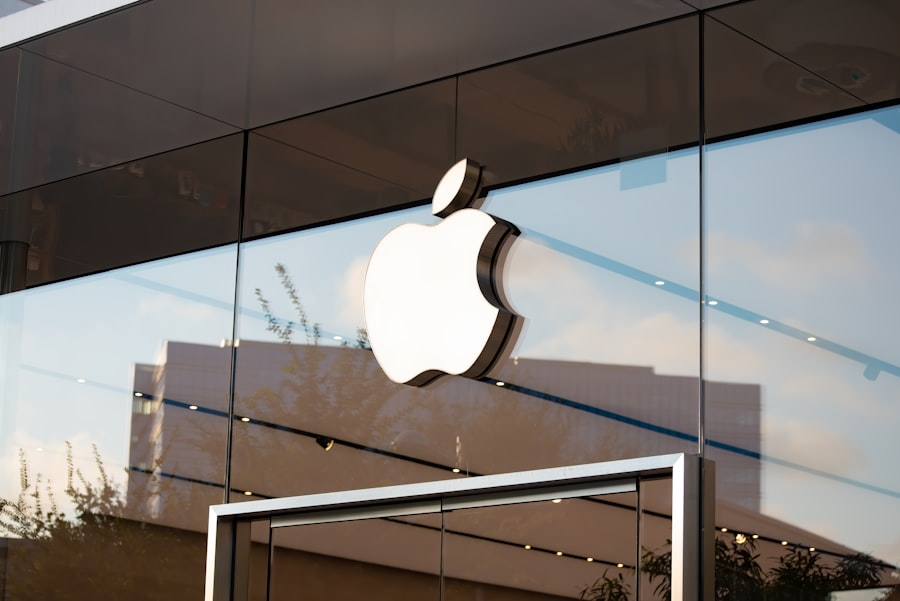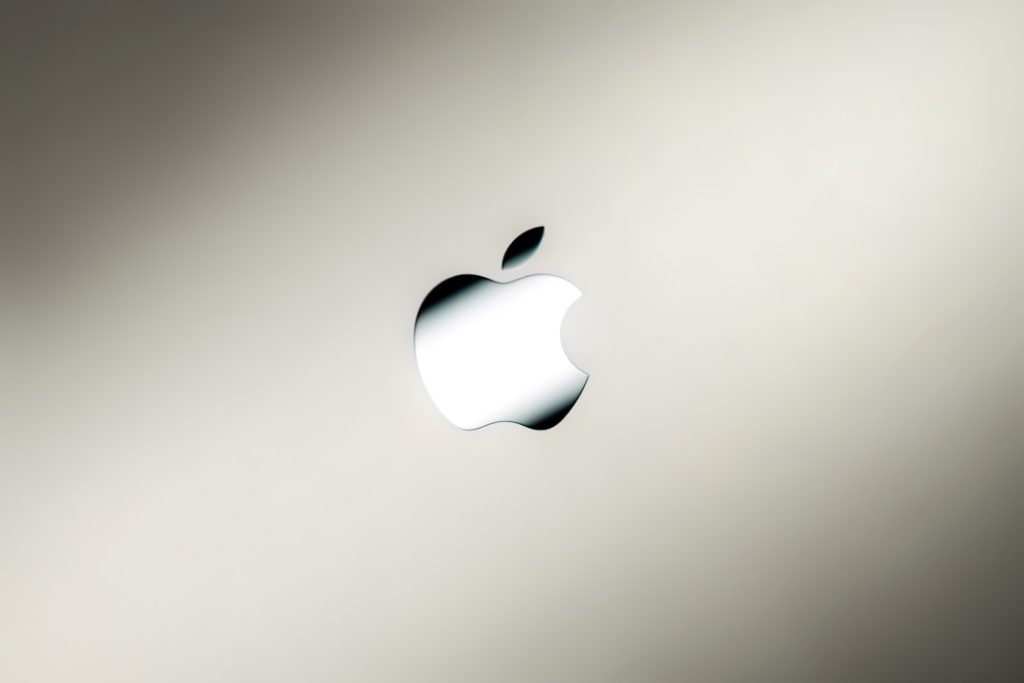Now Reading: Apple Inc: A Leader in Innovation and Technology
-
01
Apple Inc: A Leader in Innovation and Technology
Apple Inc: A Leader in Innovation and Technology

Apple Inc. stands as a titan in the technology sector, renowned for its innovative products and services that have transformed the way individuals interact with technology. Founded in 1976, the company has consistently pushed the boundaries of what is possible, creating devices that are not only functional but also aesthetically pleasing.
With a commitment to quality and user experience, Apple has cultivated a loyal customer base that spans the globe. The brand’s influence extends beyond mere consumer electronics; it has reshaped entire industries, from music to telecommunications, and continues to set trends that others strive to emulate. The company’s ethos revolves around simplicity and elegance, which is evident in its product design and marketing strategies.
Apple’s mission is to create the best products on the market while ensuring that they are accessible and user-friendly. This dedication to excellence has solidified its position as a leader in innovation, making it a case study in successful business practices and technological advancement.
The inception of Apple Inc. can be traced back to April 1, 1976, when Steve Jobs, Steve Wozniak, and Ronald Wayne founded the company in Cupertino, California. The trio aimed to develop and sell personal computers, leading to the creation of the Apple I, which was hand-built by Wozniak.
The introduction of the Apple II in 1977 marked a significant milestone, as it became one of the first highly successful mass-produced microcomputer products. This early success laid the groundwork for Apple’s future innovations. Throughout the 1980s and 1990s, Apple faced numerous challenges, including intense competition from IBM and Microsoft.
The launch of the Macintosh in 1984 was a pivotal moment, introducing a graphical user interface that revolutionized personal computing. However, internal strife and market pressures led to fluctuating fortunes for the company. It wasn’t until Jobs returned in 1997 that Apple began its resurgence, culminating in the introduction of groundbreaking products like the iMac, iPod, iPhone, and iPad.
Each of these devices not only redefined their respective categories but also established Apple as a dominant force in the technology landscape.
Key Takeaways
- Apple Inc. is a leading technology company known for its innovative products and services.
- The history of Apple Inc. is marked by its groundbreaking products and the visionary leadership of Steve Jobs.
- Apple’s innovative products and services, such as the iPhone and App Store, have revolutionized the technology industry.
- Apple’s commitment to design and user experience has set a high standard for the industry.
- Apple’s leadership in sustainability and corporate social responsibility sets it apart in the technology industry.
Apple’s portfolio is characterized by a range of innovative products that have set industry standards. The iPhone, launched in 2007, revolutionized mobile communication by integrating a phone, an iPod, and an internet communicator into one device. Its intuitive touch interface and robust app ecosystem have made it a cornerstone of modern smartphones.
The iPad further expanded Apple’s influence in mobile computing by creating a new category of devices that bridged the gap between laptops and smartphones. In addition to hardware, Apple has developed a suite of services that enhance user experience and foster ecosystem loyalty. Services such as iCloud, Apple Music, and the App Store provide seamless integration across devices while offering users access to a vast array of content and applications.
The introduction of Apple Pay has also transformed how consumers conduct transactions, emphasizing security and convenience.
Apple’s Impact on the Technology Industry
Apple’s influence on the technology industry is profound and multifaceted. The company’s focus on design and user experience has set benchmarks that competitors strive to meet. By prioritizing aesthetics alongside functionality, Apple has elevated consumer expectations regarding product quality and usability.
This shift has prompted other companies to adopt similar design philosophies, leading to a more competitive landscape. Moreover, Apple’s business model has reshaped how technology companies approach product development and marketing. The emphasis on creating an ecosystem—where hardware, software, and services work harmoniously—has become a blueprint for success in the industry.
This approach not only enhances customer satisfaction but also fosters brand loyalty, as users are more likely to remain within the Apple ecosystem for their technological needs.
Apple’s Approach to Design and User Experience

At the heart of Apple’s success lies its unwavering commitment to design excellence and user experience. The company employs a philosophy known as “design thinking,” which emphasizes empathy for users and iterative prototyping. This approach ensures that products are not only visually appealing but also intuitive and functional.
Apple’s design team meticulously considers every aspect of a product’s lifecycle, from conception to user interaction. The user experience is further enhanced by Apple’s focus on accessibility features that cater to individuals with disabilities. By integrating voice control, screen readers, and customizable interfaces into its products, Apple demonstrates its commitment to inclusivity.
This dedication not only broadens its customer base but also reinforces its reputation as a socially responsible company.
Apple’s Leadership in Sustainability and Corporate Social Responsibility
| Category | Metric |
|---|---|
| Renewable Energy | 100% of Apple’s global operations are powered by renewable energy |
| Carbon Footprint | Apple reduced its carbon footprint by 35% since 2015 |
| Supply Chain | 95% of Apple’s supply chain partners have committed to using 100% renewable energy |
| Recycling | Apple has diverted over 1 million tons of electronic waste from landfills since 2015 |
| Employee Initiatives | Apple has donated over 100 million to support education and workforce development for underrepresented communities |
Transition to Renewable Energy
The company has committed to reducing its carbon footprint by transitioning to renewable energy sources for its operations worldwide. As of 2021, all of Apple’s facilities are powered by 100% renewable energy, showcasing its leadership in environmental stewardship.
Responsible Sourcing and Recycling
Apple’s commitment extends beyond energy efficiency; it also focuses on responsible sourcing of materials and recycling initiatives. The company has implemented programs to ensure that materials used in its products are sourced ethically and sustainably.
Minimizing Electronic Waste
Additionally, Apple’s recycling program encourages consumers to return old devices for proper disposal or refurbishment, minimizing electronic waste.
Apple’s Investment in Research and Development
Apple’s dedication to innovation is underscored by its substantial investment in research and development (R&D). In 2022 alone, the company allocated approximately $27 billion toward R&D efforts, reflecting its commitment to staying at the forefront of technological advancement. This investment enables Apple to explore emerging technologies such as artificial intelligence (AI), augmented reality (AR), and machine learning (ML), which have the potential to redefine user experiences.
The R&D division plays a crucial role in developing new products and enhancing existing ones. By fostering a culture of innovation within the organization, Apple encourages employees to think creatively and push boundaries. This focus on R&D not only drives product development but also positions Apple as a leader in technological breakthroughs.
Apple’s Competitive Advantage in the Market

Apple’s competitive advantage stems from several key factors that differentiate it from other technology companies. One of the most significant advantages is its brand loyalty; customers often exhibit strong emotional connections with Apple products due to their consistent quality and innovative features. This loyalty translates into repeat purchases and a willingness to pay premium prices for new releases.
Additionally, Apple’s ecosystem creates a barrier to entry for competitors. The seamless integration between devices—such as iPhones, Macs, iPads, and Apple Watches—encourages users to remain within the Apple family for their technological needs. This interconnectedness enhances user experience while making it challenging for competitors to lure customers away.
Apple’s Influence on Consumer Behavior and Trends
Apple’s impact on consumer behavior is profound; it has shaped how individuals perceive technology and interact with digital content. The company’s marketing strategies emphasize lifestyle branding, positioning its products as essential tools for creativity and self-expression. This approach has led consumers to view Apple products not merely as devices but as integral components of their daily lives.
Moreover, Apple’s product launches often create significant buzz within the tech community and beyond. The anticipation surrounding new releases generates excitement among consumers, leading to long lines at retail stores and record-breaking sales figures upon launch. This phenomenon illustrates how Apple has successfully cultivated a culture of exclusivity and desirability around its products.
Apple’s Future in Innovation and Technology
Looking ahead, Apple’s future appears bright as it continues to explore new frontiers in innovation and technology. The company is reportedly investing heavily in augmented reality (AR) technologies with plans to release AR glasses that could revolutionize how users interact with digital content in their physical environments. Additionally, advancements in artificial intelligence are expected to enhance user experiences across all devices.
Furthermore, Apple’s commitment to privacy and security will likely remain a focal point as consumers become increasingly concerned about data protection. By prioritizing user privacy in its product design and marketing strategies, Apple can maintain its reputation as a trustworthy brand while addressing growing consumer demands for transparency.
In summary, Apple Inc.’s journey from a small startup to a global powerhouse exemplifies the power of innovation and strategic vision.
As it continues to shape consumer behavior and set trends for others to follow, Apple’s future remains bright with endless possibilities for innovation and growth.
With an eye toward emerging technologies and an unwavering commitment to quality, Apple Inc. is poised to maintain its leadership position for years to come while continuing to redefine what is possible in the realm of technology.
Apple Inc. is a technology giant known for its innovative products and services. One interesting fact about Apple is that it was founded by Steve Jobs, Steve Wozniak, and Ronald Wayne in 1976. To learn more about the history of Apple and its impact on the tech industry, check out this article on boogger.com.
FAQs
What is Apple Inc.?
Apple Inc. is a multinational technology company that designs, manufactures, and markets consumer electronics, computer software, and online services. It is best known for its hardware products such as the iPhone, iPad, Mac computers, and Apple Watch, as well as its software platforms like iOS and macOS.
When was Apple Inc. founded?
Apple Inc. was founded on April 1, 1976, by Steve Jobs, Steve Wozniak, and Ronald Wayne. The company was initially focused on developing and selling personal computers.
Where is Apple Inc. headquartered?
Apple Inc. is headquartered in Cupertino, California, at its Apple Park campus, which is often referred to as the “spaceship” due to its unique circular design.
What are some of Apple Inc.’s most popular products?
Some of Apple Inc.’s most popular products include the iPhone, iPad, Mac computers, Apple Watch, and AirPods. The company also offers a range of software products and services such as iOS, macOS, iCloud, and the App Store.
How successful is Apple Inc. as a company?
Apple Inc. is one of the most successful and valuable companies in the world. It consistently ranks among the top companies in terms of revenue, profit, and market capitalization. The company’s brand is also highly regarded, and it has a loyal customer base.
What is Apple Inc.’s approach to privacy and security?
Apple Inc. is known for its strong stance on user privacy and security. The company has implemented features such as end-to-end encryption, privacy-focused advertising policies, and strict app review processes to protect user data and maintain a secure ecosystem for its products and services.












